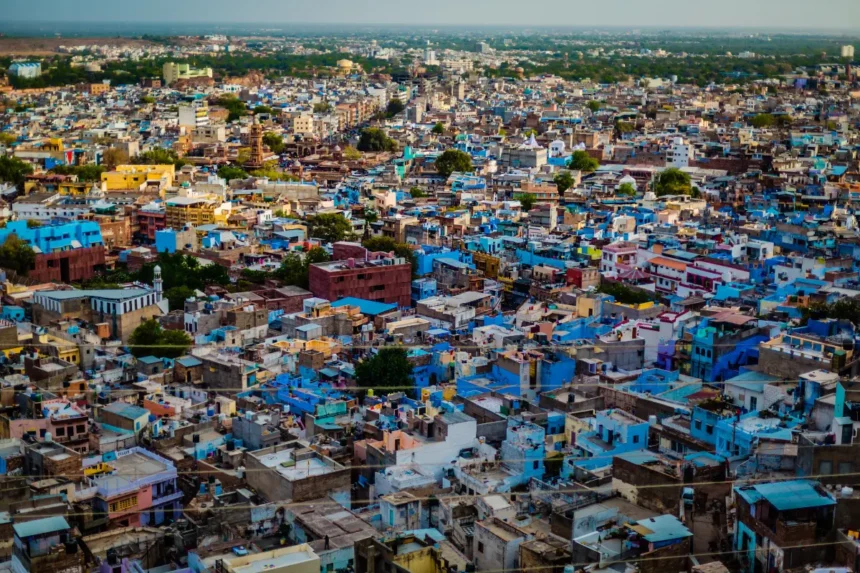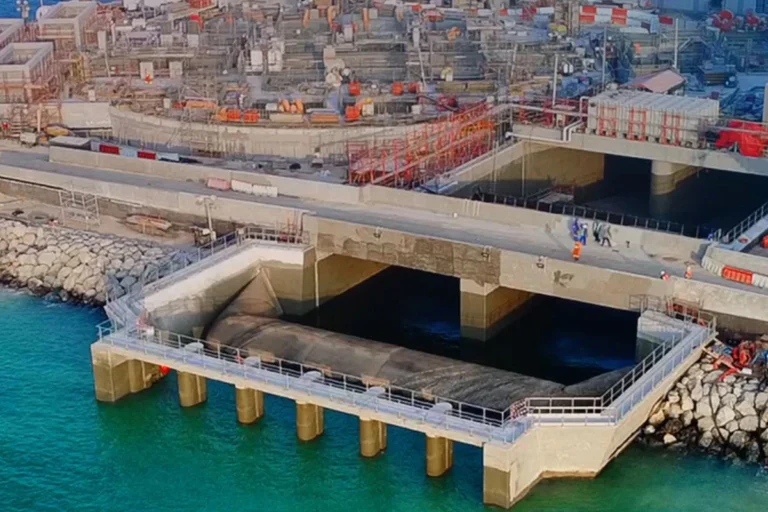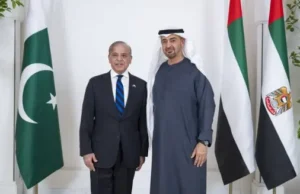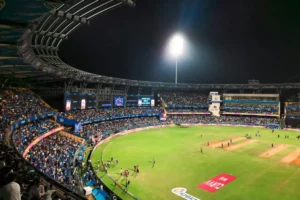November 4, 2025 | Dubai, UAE: A native conglomerate has appealed for a legal clause in the benchmark Dharavi Slum Redevelopment Bid to the High Court, stating unauthorized treatment and changes. Their summons to the Adani Group-led initiative marks a crucial aspect in the development of one of the most-awaited transformations. The change has garnered international attention to how high-end projects are prepared, and the individuals who benefit, especially when an overseas investment is witnessed.
Context of the Dharavi Slum Redevelopment Bid
The long-standing redevelopment project covers the city’s most highly populated, abysmally structured settlements. A few years back, the consortium Seclink Technologies Corporation was the highest bidding individual for the initiative, investing around 3 billion dirhams in the development contract.
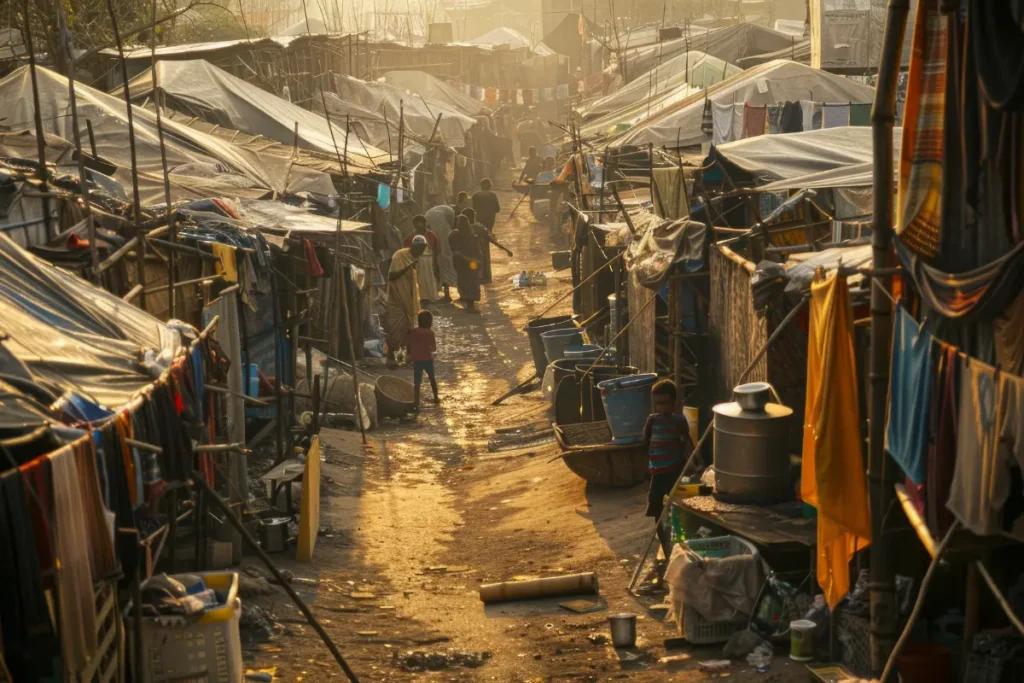
Before a formal tender was made, the authorities cancelled the bid, stating changes to the development, and made a new contract in 2022. This contract stated that the tender goes to the other Indian group.
The consortium states that this change in criteria is unfair to them. The swift annihilation not only shook the stakeholders’ belief but also raised doubts about the accountability of the country’s bidding system.
Lawful Problems and the Clash for the Dharavi Slum Redevelopment Bid
Key to the phase-off is whether the changed procedures were transparent. The conglomerate states that the annihilation of the original tender and the new criteria strategically removed them from the Dharavi slum redevelopment bid.
The Supreme Court of India refused to stop the construction but asked that all the inflows be made through a known escrow account and called for full accountability. The conglomerate stated that it was prepared to increase bids by a certain percentage and all the necessary arrangements, yet it was unqualified under the latest terms, displaying prejudice.
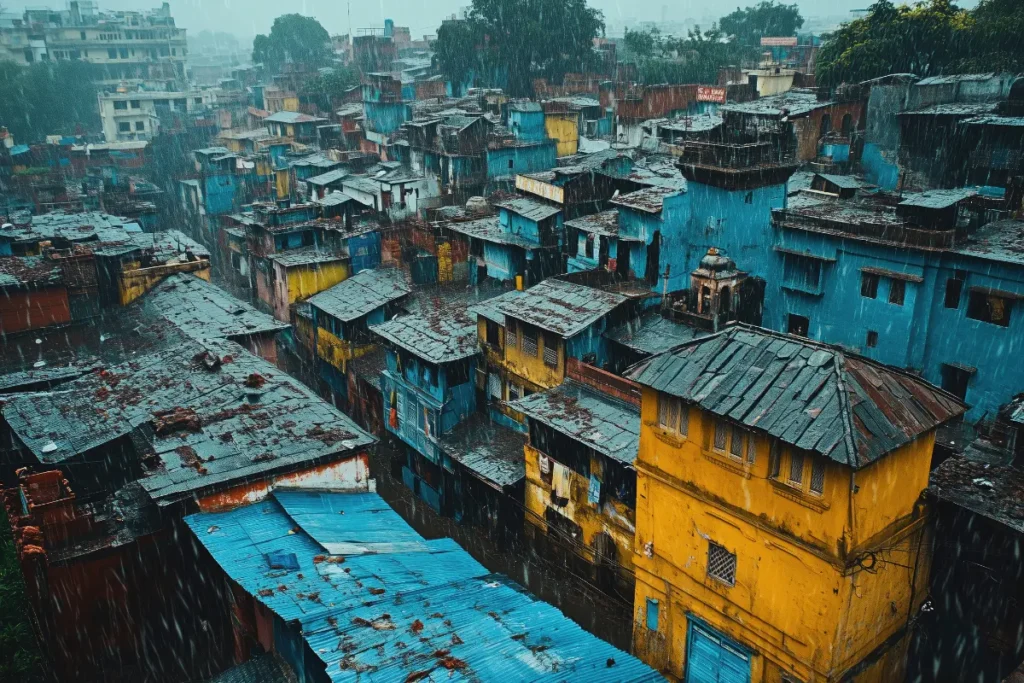
Experts suggest that this could set an example for further contracts across the country on how foreign bidders participate in crucial development initiatives.
Monetary Aspects and Significance
The Dharavi slum redevelopment bid is not just a token of urbanization; it also has a crucial economic agenda. The project is estimated to be valued at billions of dollars. It is the foundation for an unimaginable transformation, from a slum to a city.
For the consortium, the annulled bid has led to a financial setback as the company claims to have secured a massive amount in the bank and incurred charges after being removed from the project.
By participating in the tender, the conglomerate also wants to ensure the contract and transparency to address the injustice that they suffered. Additionally, experts believe that the development could lead to job creation and boost the real estate sector, if carried out with transparency and responsibility.
Overview of What Lies Further
The legality of the Dharavi slum redevelopment bid will not mold this initiative, but the upcoming projects in India and overseas will. The court’s emphasis on an account structure and transparent communication signals judicial brilliance and fairness.
While the group continues, the outcome remains unpredictable and will depend on whether the consortium can prove its eligibility under the latest terms or receive reimbursement for the losses it has incurred.
Both the developing bodies and authorities will observe this, as it will affect stakeholders’ confidence in the upcoming developments.
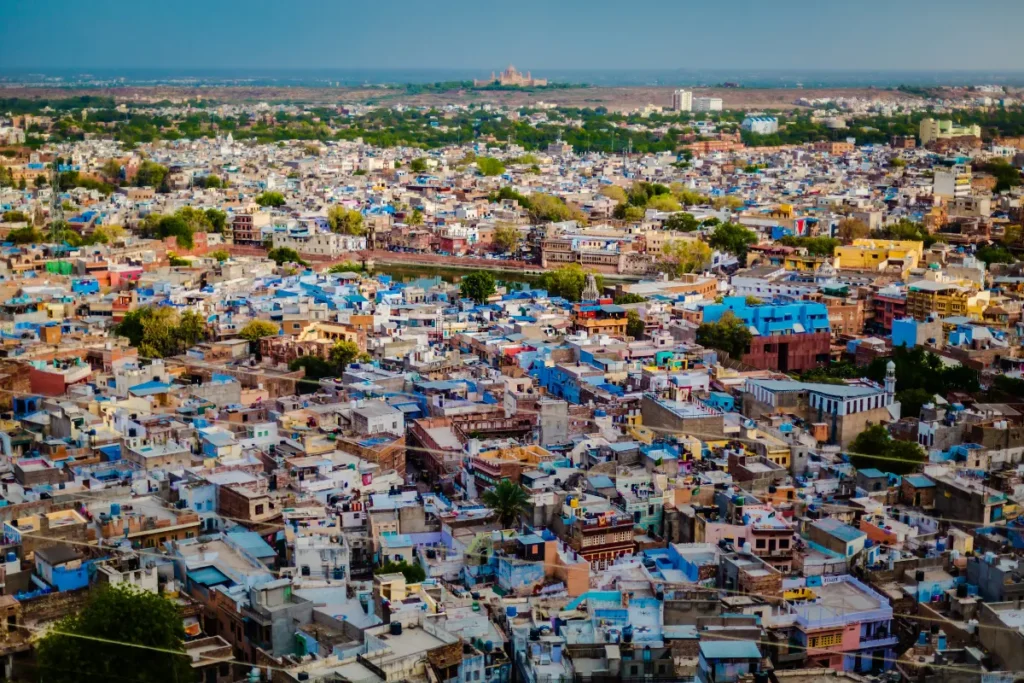
The dispute over the redevelopment project showcases the intricacies of development bids, monetary decisions, and legal issues. At the foundation of this contest is the Dharavi slum redevelopment bid, now symbolic of the advent of stern policies, accountability, and persistent procedures in the developmental domain. Now that the case is in the Supreme Court, all the individuals look forward to an answer that could explain how high-end contracts are prepared.
Read More: UAE’s New Visit Visa Rules For Sponsorship of Families and Friends


